South Africa’s rich cultural heritage and diverse landscapes have long been a source of inspiration for artisans and designers. For centuries, the country has been renowned for its craftsmanship in producing high-quality leather goods, with leather shoes being no exception. This article will delve into the thriving market for leather shoes in South Africa, highlighting the factors contributing to its growth and popularity, as well as the unique characteristics that set them apart. 1. A Traditional Craft: Leatherworking has been deeply ingrained in South African culture for generations, with local craftsmen mastering the art of creating impeccably designed and durable leather shoes.
.
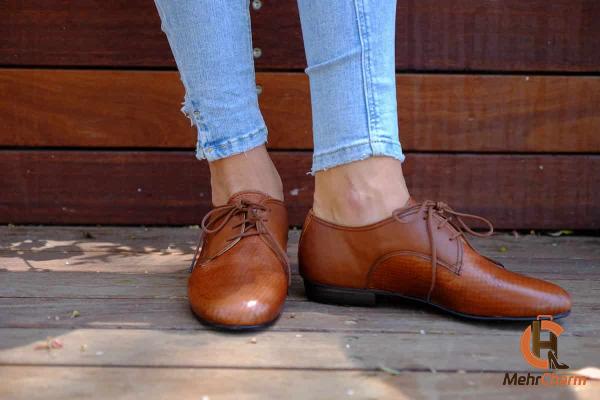 The industry draws upon the expertise of skilled artisans who have honed their skills over decades, preserving traditional techniques and infusing them with contemporary styles. 2. Exceptional Quality: One of the primary reasons for the increasing demand for South African leather shoes is the emphasis placed on quality. Local manufacturers source superior raw materials, such as genuine leather, which ensures durability and comfort. Coupled with rigorous quality control processes, South African shoemakers proudly offer customers a guarantee of long-lasting footwear that can withstand the test of time. 3. Unique Styles and Designs: South African leather shoes exhibit a distinctive blend of traditional craftsmanship and modern aesthetics.
The industry draws upon the expertise of skilled artisans who have honed their skills over decades, preserving traditional techniques and infusing them with contemporary styles. 2. Exceptional Quality: One of the primary reasons for the increasing demand for South African leather shoes is the emphasis placed on quality. Local manufacturers source superior raw materials, such as genuine leather, which ensures durability and comfort. Coupled with rigorous quality control processes, South African shoemakers proudly offer customers a guarantee of long-lasting footwear that can withstand the test of time. 3. Unique Styles and Designs: South African leather shoes exhibit a distinctive blend of traditional craftsmanship and modern aesthetics.
..
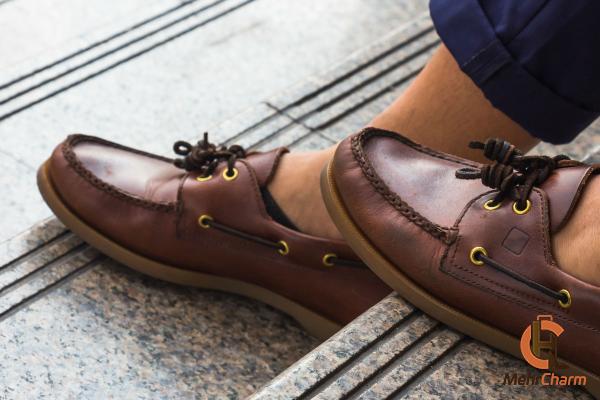 Indigenous cultures and the country’s diverse wildlife inspire unique designs, textures, and colors that are truly representative of South Africa’s rich heritage. From classic formal shoes to trendy casual kicks, the local industry caters to a wide range of preferences, ensuring there is a pair of leather shoes for every occasion. 4. Ethical and Sustainable Practices: South Africa’s leather shoe industry is increasingly aligning with ethical and sustainable practices. Local manufacturers understand the importance of protecting the environment and have begun adopting eco-friendly processes. They prioritize responsible sourcing of raw materials, ensuring they are obtained from reputable suppliers and promoting fair trade practices. Consequently, conscious consumers can confidently support the sector, knowing that they are contributing to a sustainable future. 5. Economic Impact: The leather shoe industry has significant economic benefits for South Africa.
Indigenous cultures and the country’s diverse wildlife inspire unique designs, textures, and colors that are truly representative of South Africa’s rich heritage. From classic formal shoes to trendy casual kicks, the local industry caters to a wide range of preferences, ensuring there is a pair of leather shoes for every occasion. 4. Ethical and Sustainable Practices: South Africa’s leather shoe industry is increasingly aligning with ethical and sustainable practices. Local manufacturers understand the importance of protecting the environment and have begun adopting eco-friendly processes. They prioritize responsible sourcing of raw materials, ensuring they are obtained from reputable suppliers and promoting fair trade practices. Consequently, conscious consumers can confidently support the sector, knowing that they are contributing to a sustainable future. 5. Economic Impact: The leather shoe industry has significant economic benefits for South Africa.
…
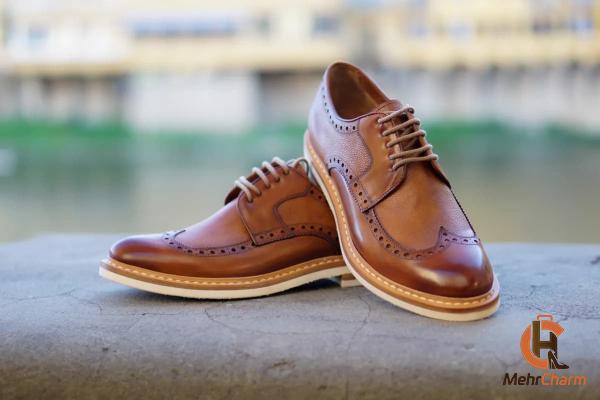 It provides employment opportunities for a sizable workforce across various stages of production, from tanneries to manufacturing units. By supporting local artisans and manufacturers, consumers stimulate the economy and contribute to job creation, all while enjoying a high-quality product. Conclusion: South Africa’s leather shoe industry continues to thrive, driven by its rich cultural heritage, commitment to quality, unique designs, and ethical practices. By combining traditional craftsmanship with modern aesthetics, local artisans are carving a niche for themselves in the global market. As conscious consumerism gains momentum, South African leather shoes are increasingly sought after by those who value style, durability, and sustainability. Supporting this burgeoning industry not only allows individuals to express their personal style but also contributes to the preservation of South Africa’s artisanal traditions and economic growth.
It provides employment opportunities for a sizable workforce across various stages of production, from tanneries to manufacturing units. By supporting local artisans and manufacturers, consumers stimulate the economy and contribute to job creation, all while enjoying a high-quality product. Conclusion: South Africa’s leather shoe industry continues to thrive, driven by its rich cultural heritage, commitment to quality, unique designs, and ethical practices. By combining traditional craftsmanship with modern aesthetics, local artisans are carving a niche for themselves in the global market. As conscious consumerism gains momentum, South African leather shoes are increasingly sought after by those who value style, durability, and sustainability. Supporting this burgeoning industry not only allows individuals to express their personal style but also contributes to the preservation of South Africa’s artisanal traditions and economic growth.
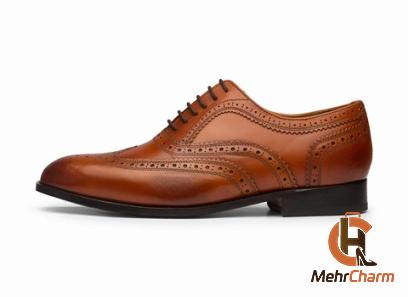

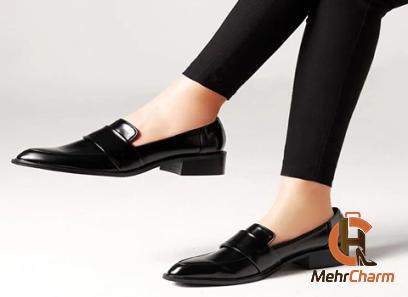
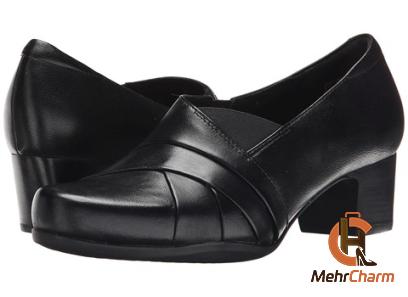
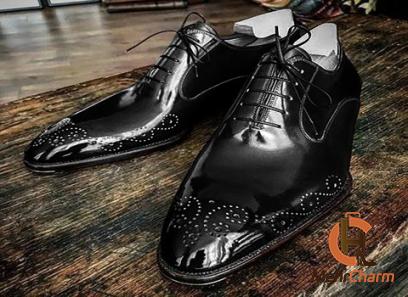
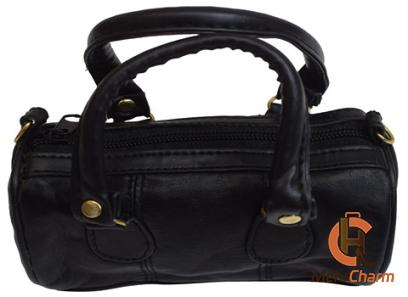
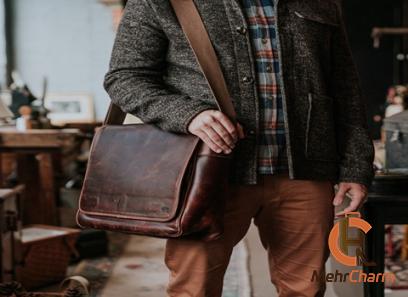
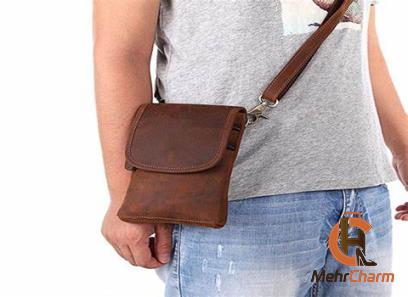

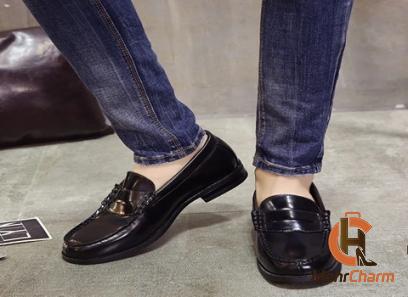
Your comment submitted.